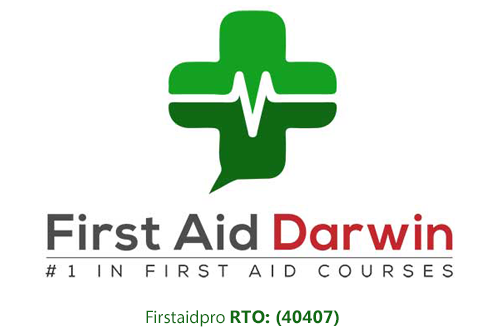Why is Youth Mental Health Important: Youth mental health helps younger individuals develop the resilience to cope with life’s challenges and helps them grow into well-rounded adults.
According to the Australian Institute of Health and Welfare (AIHW), mental disorders are the single most common cause of disability in teenagers and young adults.
Research data suggest that the age bracket with the highest mental or behavioural conditions is between 15 and 24.
Furthermore, mental disorders fully develop before someone reach the age of 25. It only proves that the adolescent years are a critical window for youth mental health. It is the perfect time to promote and address mental health problems.
Without early treatment and intervention, mental illness can impede all aspects of life. Youth with mental disorders often experience difficulties in a variety of settings – at home, in school, and the community.
How Mental Health Disorders Affect Youth
Families
Youth with mental illness pose challenges of being singled out or taking the blame for family distress or disruption.
The challenges may affect the overall family relationship, close relatives and other social networks. This cycle often leads to isolation, which is why many youths do not get access to potential sources of support.
School
Some young people with mental disorders have difficulty associating and succeeding at school. In most cases, it is not a question of whether they want to succeed or not.
Instead, their behaviours, thoughts, and emotions interfere with their ability to do well. It may be mistaken as a form of rebellion or disobedience when it is a sign of a mental health problem.
Peers
An essential part of growing up is accepting oneself, but some young people find a hard time during that transition process. High-pressure situations during younger years can negatively affect one’s mental wellbeing and outlook in life.
Some may experiment with alcohol, drugs, and other substances, which is not good for youth mental health.
Common Signs Of Poor Mental Health
Everyone experiences different feelings at times, and it is normal for teenagers to have low moods, lack motivation, and trouble sleeping.
These feelings are not always an indication of poor mental health. However, when the changes last for a long time and start to affect a person’s life, it might be the time to seek help.
Warning signs that a youth may have a mental health issue include:
- Feeling of restlessness, or always being on edge
- Frequent fatigue and headaches
- Inability to focus or think clearly
- Persistent feelings of sadness (lasting for weeks)
- Trouble in coping with everyday activities
- Doing less well in school
- Isolation or avoiding social interactions
- Sudden outburst of extreme irritability
- Sudden changes in behaviour
- Self-harm or suicidal thoughts
- Development of bipolar disorder
- Trouble sleeping
- Substance abuse
If these symptoms persist, it is best to seek professional help.
Promoting Youth Mental Health
Here are some ideas to promote youth’s mental health and wellbeing:
Get Enough Sleep
Getting enough good quality sleep does wonder in mental health improvement.
Sleep deprivation is linked to depression and substance abuse, and every hour missed can increase the negative impact on mental wellbeing. Many factors cause inadequate sleep, but the most common are school pressure, social life, and excessive use of electronic devices.
To promote better sleeping habits, set bedtime and an evening routine. Turn off electronic devices at a particular time, limit caffeine intake in the afternoon, and try to get some exercise during the day.
Build Health Relationships
Taking time to bond with close friends and family is essential for youth’s mental wellbeing.
No matter how busy the schedule is, find time to be with people who lift your mood.
Eat A Healthy Diet
Maintaining a healthy relationship with food is essential during the adolescent years. It does not only reduce the risk of developing eating disorders (ED). Eating a balanced diet is also proven effective in preventing depression and other emotional issues.
Poor eating habits can affect mood, concentration, and mental health.
Spread Awareness
Provide oneself with a better understanding of mental health. Because the more you know, the more you can take extra steps to help others. Ignorance should not be a reason for us to lack understanding on this important matter.
Spreading awareness on youth mental health is a great step toward reducing the stigma.
Get Help
Mental health problems are unlikely to resolve on their own. And poor youth mental health can affect their overall wellbeing, including physical health, social relationship, and growth and development.
It means that it is essential to get professional help as soon as possible. Mental health support options may include a GP, school counsellors, psychologists, social workers, and local health services.
Youth Mental Health First Aid
Mental disorder can be preventable and is certainly treatable. Enrol in a Youth Mental Health First Aid and learn the warning signs of developing mental health problems.
Know how to provide appropriate treatment on youth mental health crisis using the five-step action plan, ALGEE.
- Assess for any risk of suicide or harm
- Listen without judgement
- Give reassurance and information
- Encourage appropriate mental professional help
- Encourage self-help and other support strategies
Participants who complete a Mental Health first aid course will receive a certification, proving they can handle a mental crisis.
Contact us to book an MHFA course today.








